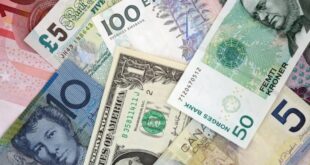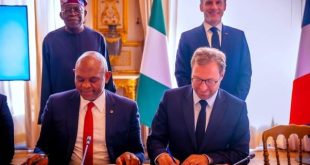Data obtained from the National Bureau of Statistics (NBS) reveals that the amount spent on the importation of Premium Motor Spirit (petrol) in the first half of this year, jumped to N1.47trn, which is more than 73 per cent of what was incurred in the whole of last year.
According to the data, Petrol imports gobbled up N782.46bn in the second quarter of this year, up from the N687.74bn spent on the importation of the product in Q1.
Nigeria spent N1.09trn on petrol imports in the first half of 2020, up from N766.06bn in H1 2019.
The data also showed that petrol topped the list of products imported into the country in Q2, accounting for 11.26 per cent of the total amount spent on imported products, up from 10.04 per cent in the previous quarter.
The nation spent N2.01trn on petrol imports in 2020, compared to N1.71trn in the previous year.
Nigeria relies largely on the importation of refined petroleum products, as its refineries have remained in a state of disrepair for many years despite several reported repairs.
“Nigeria’s continued subsidy on imported petrol (estimated at N5.5bn daily), over a year after it attempted to fully deregulate the downstream oil sector, is perhaps its biggest revenue leakage,” analysts at Financial Derivatives Company Limited, led by Mr Bismarck Rewane, said in their latest monthly economic report.
They noted that the International Monetary Fund (IMF) in its June 1-8, 2021 meetings with Nigerian authorities, underlined the importance of doing away with subsidies completely, particularly in the context of low revenue mobilization.
“The Petroleum Industry Bill, as passed by the National Assembly, contains sections that ensure the disappearance of subsidies, and it remains to be seen if labour unions and civil society groups can be convinced that it is in the best interest of Nigerians,” they said.
The analysts said if petrol subsidies were done away with, an estimated N2trn would be added to government revenue to be shared by the three arms of government.
 Gistfox Your News Window To The World.
Gistfox Your News Window To The World.





